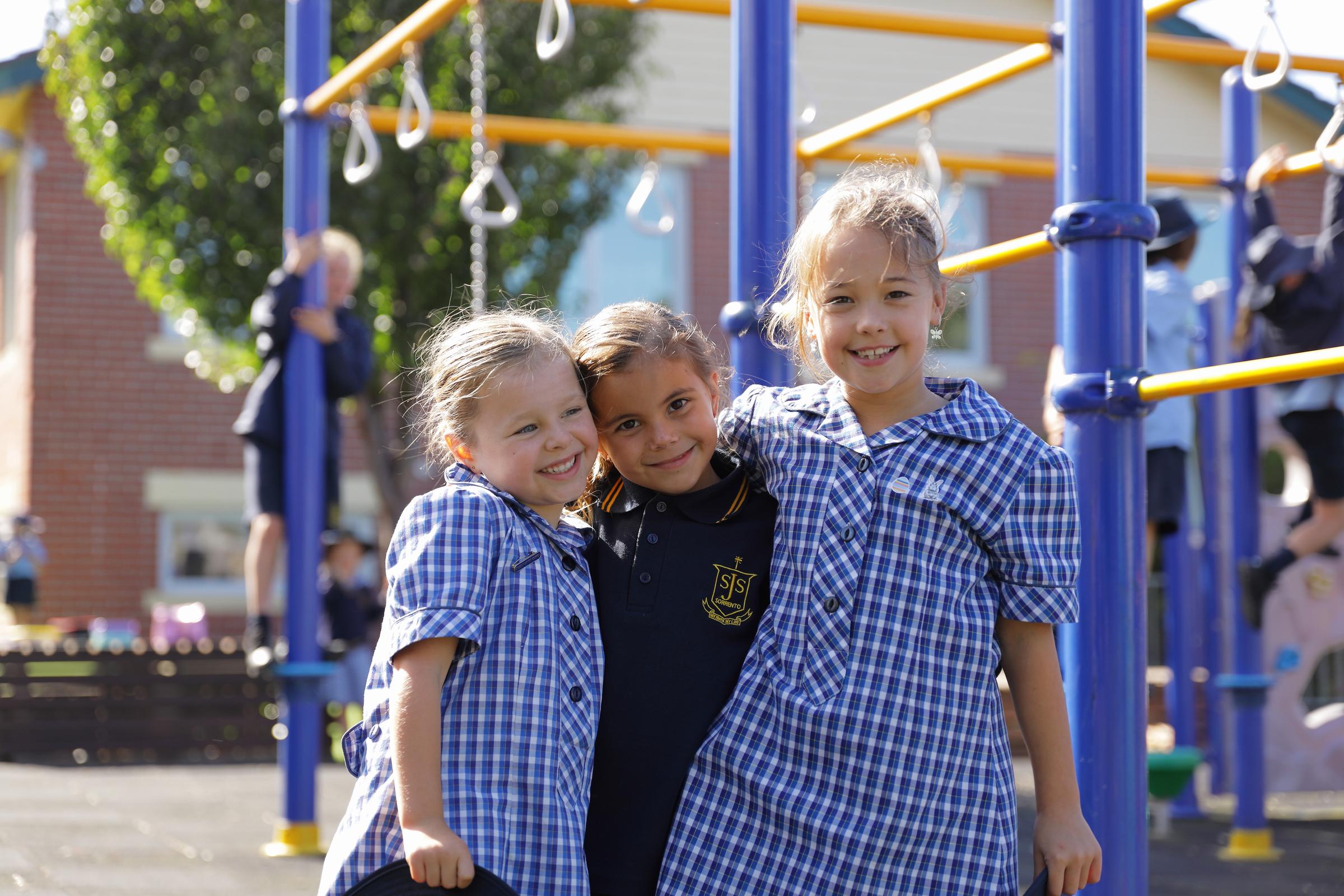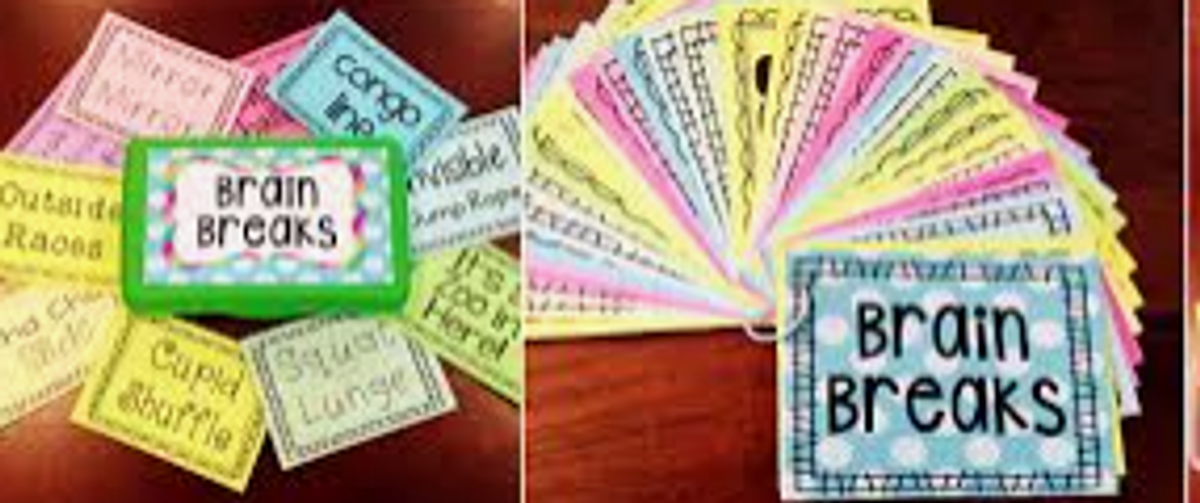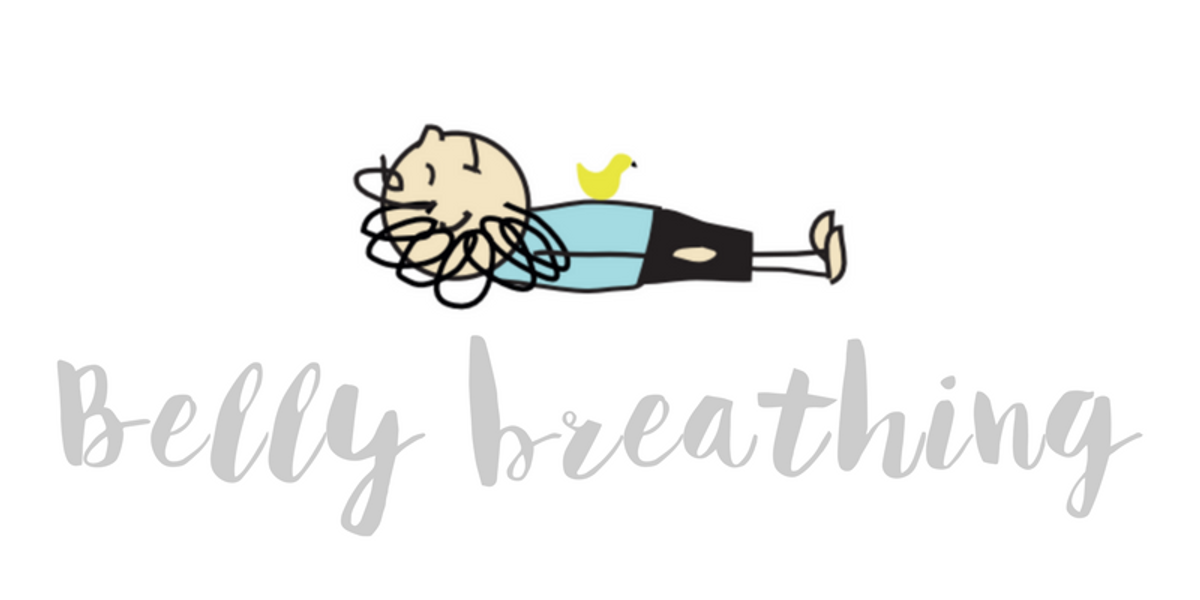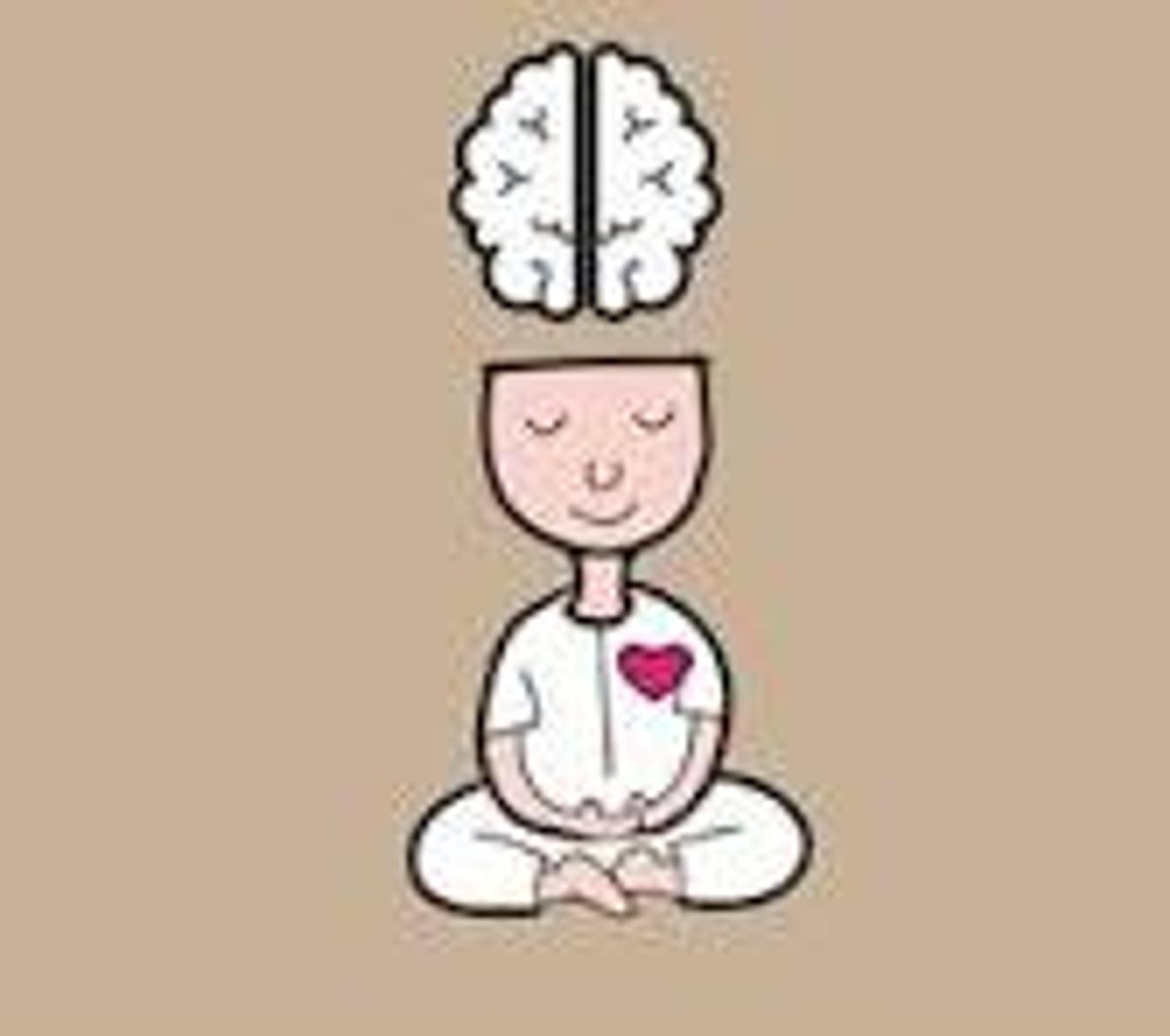Student Wellbeing

See below ST JOEY'S STUDENTS' FAVOURITE BRAIN BREAKS DURING SCHOOL TIME!
THE RESEARCH IS IN
We Drastically Underestimate the Importance of BRAIN BREAKS!
An article By Youki Terada
April 21, 2022 (For the full article go to: Edutopia - https://www.edutopia.org/article/we-drastically-underestimate-importance-brain-breaks/)
Youki says,
"When it comes to optimizing learning, we don’t value breaks enough, neuroscientists suggest in a new study.
Practice makes perfect. To become ambidextrous in basketball, dribble with your left hand, switch to your right, and repeat the process again and again. Likewise, to solve differential equations in math, pile them up and work your way through them diligently.
According to one popular school of thought, it’s this active, repeated manipulation of material that lays the neural foundations for skill development. All too often, time away from the basketball court—or the math books—is seen as a break in the learning process, a way to cool off, reenergize, and then return to the vital work of actual practice.
But for Leonardo Cohen, a neuroscientist at the National Institutes of Health and the senior author of a June 2021 study published in the journal Cell, the idea that breaks are a cooling-off period is a misconception.
Cohen and his colleagues used magnetoencephalography—a highly sensitive brain-scanning technique—to observe the neural activity of young adults as they learned how to type with their nondominant hand. After a practice session, the study participants were given a short break and then continued practicing for a total of 35 sessions.
When analyzing the data, Cohen’s team made an intriguing discovery: They observed a spike in brain activity, mimicking the neural pattern seen during the practice session, but compressed by twentyfold. Rather than being idle, the brain was replaying the practice session over and over at an astonishingly high rate of speed—flipping the material from the neocortex, where sensory and motor skills are processed, to the hippocampus, the brain’s memory center, over two dozen times in the span of 10 seconds. Stepping away from the activity, it turns out, is not stepping away from the activity at all.
The findings echo the groundbreaking discovery in 2001 that after successfully running through a maze, rats replayed those memories repeatedly during REM sleep, with the same spatial circuitry flickering to life as they slept.
BRAIN BREAKS DURING SCHOOL
In the classroom, “brain breaks should take place before fatigue, boredom, distraction, and inattention set in,” writes neurologist and classroom teacher Judy Willis, and that means they should be far more frequent. “As a general rule,” Willis continues, basing her conclusions on decades of research, “concentrated study of 10 to 15 minutes for elementary school and 20 to 30 minutes for middle and high school students calls for a three- to five-minute break.”
You don’t have to overthink it, or add to your workload by planning entertaining activities. Willis recommends simple techniques, such as a stretch break, moving to a different part of the room, or singing a song to give students time to “replay” what they’ve learned and to prepare them for more practice or new material. Letting students chat informally for a few minutes should also work well.
As the school day progresses, there’s evidence that brain breaks become increasingly important. A 2016 study found that “cognitive fatigue” sets in toward the end of the day, leading to a notable drop in test performance: For every hour later in the day, test performance decreased by 0.9 percent of a standard deviation, the researchers found—roughly the equivalent of losing 10 school days’ worth of learning. Incorporating breaks, however, not only eliminated the decrease but actually increased performance. “Importantly, a break causes an improvement in test scores that is larger than the hourly deterioration,” the researchers discovered. “Breaks, it appears, recharge students’ cognitive energy, thus leading to better test scores.”
What are the students' favourite brain breaks at St Joseph's ?
Ask your child about these and other brain breaks they enjoy during their day at school!
Our Preps love.......
- The Beans Break (Jelly Beans, Coffe Beans, Broad Beans and Kidney Beans)
- Would You Rather Videos and THIS or THAT
- Dance, Dance, Freeze!
- Bubble Bounce
- Mindful looking.......5 Things I can See!
- Assorted Movements Breaks eg. "walking around the room on our tippy toes
- Belly Breathing
Our 1/2s said they enjoy......
- Reading a book
- 3D shapes
- Pushups
- Star Jumps
- Colouring in
- Calm music
- Doing Meditation and sitting with their eyes closed
- Tummy Breathing
- Stretching
- Playing a ball game
Our 3/4s like to.....
- Choose a novel to read quietly
- Play "Look, Look Down" or "Heads Up Thumbs Up"
- Do the "Cha-Cha" Dance
- Practice doing a meditation (Smiling Minds)
- Play "Silent Ball"
- Heads or Tails
While our 5/6s have a tonne of favourites, especially the short outside ones.....
- Capture the Flag
- Dodegball
- Giant's Treasure (also a Prep favourite!)
- Poision Ball
- Numbers Soccer / Basketball
- Line Tiggy
- Octopus
- Memory Tag
- Heads Down, Thumbs Up
- Shopping List
- Go noodle Brain Breaks
- Ships and Boats
- Fish and Chips
Ask your child about these. Perhaps they could teach you them! You never know when YOU could use a good brain break too!
Warm Regards,
Jenny Todd
(Student Wellbeing Leader)







